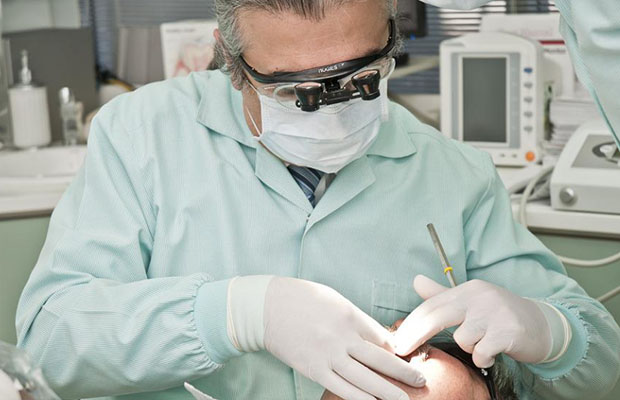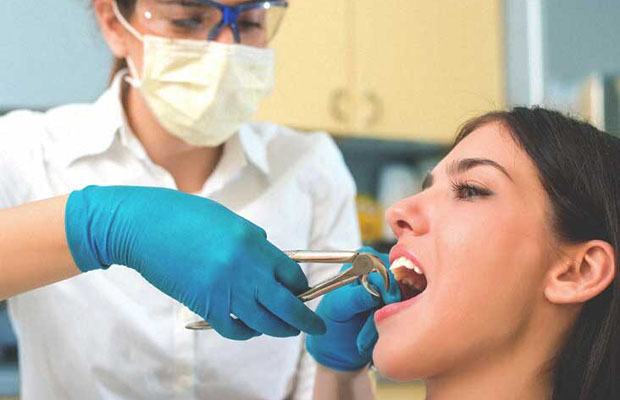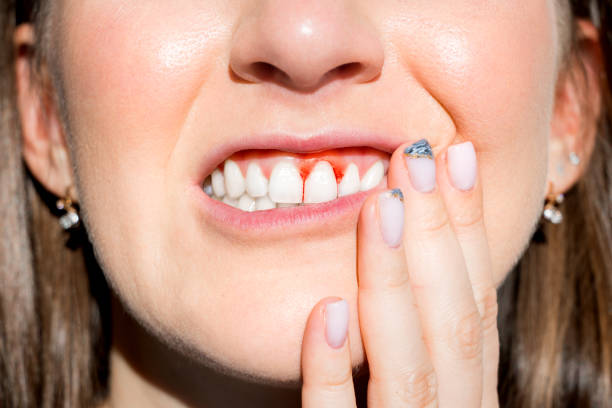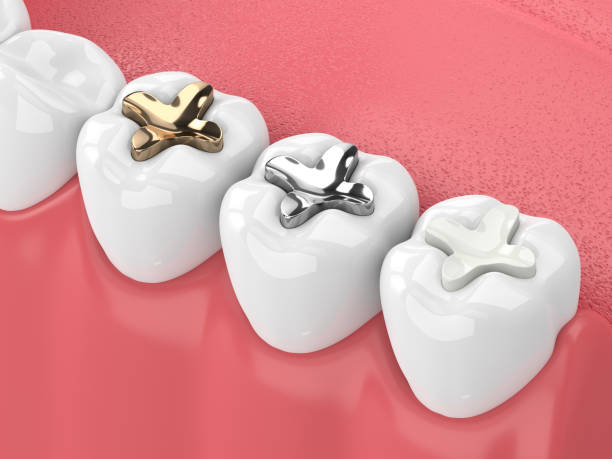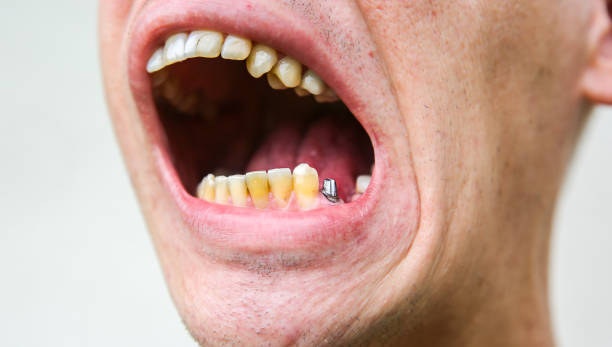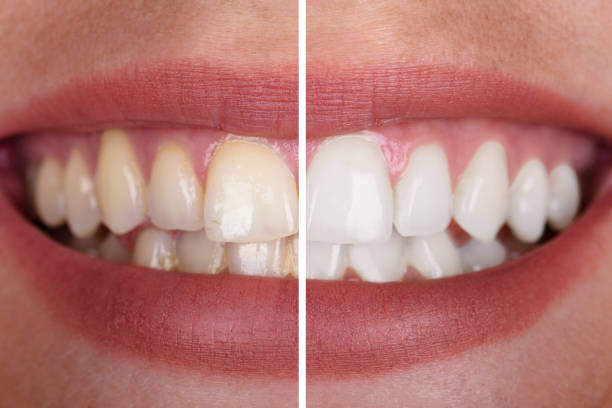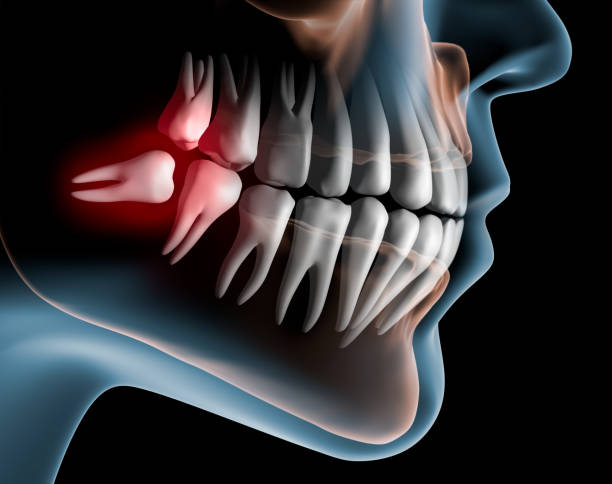Teething is a normal part of development. By the time they turn three, most kids have all of their permanent teeth. The mother and the child, however, may find teething to be a difficult time. Infants experience teething in different ways.
Children frequently become irritable and sick during the teething months. Can teething cause vomit?
It is still debatable whether the vomiting is actually caused by teething. There are no studies that support a connection between vomiting and teething, though. The majority of medical professionals concur that while local soreness can happen, other physical symptoms are not brought on by teething.
You will discover more about teething and throwing up if you keep reading.
Table of Contents
Symptoms Of Teething
Teething has many different symptoms. The presence of a tooth eruption or illness in the infant must be distinguished. During the teething process, infants may also have difficulty eating. Additionally to having sensitive and swollen gums, they may also become irritable. The baby can start swallowing the drool. The infant may experience stomach upset and fever if he consumes drool on a regular basis. It is crucial to understand the differences between spitting up and vomiting because the two should not be confused.
Why Might Teething Cause Vomit?
Vomiting can occur simultaneously with teething symptoms.
Vomiting is frequently blamed on teething by parents and other adults, but this is rarely the case.
Infants may experience discomfort during teething, but vomiting is not likely, according to an analysis of studies from eight different countries. Doctors or caregivers risk ignoring the true cause of the illness by assuming that teething causes vomiting or fever.
A paper published in Pediatrics in Review emphasizes that an infant will be teething at the same point in their life that they begin to get exposure to many childhood illnesses. At this time, their inherited passive immunity from the mother diminishes as well.
Therefore, it is most likely that a bacterial or viral infection is to blame for the vomiting you are experiencing at this time. An infant may vomit due to a number of illnesses, such as:
- Common cold or flu
- Ear infection
- Gastroenteritis or another stomach infection
- Urine infection
Vomiting can occasionally be brought on by food intolerance or allergy. A physician can assist in identifying food sensitivities so that kids can start avoiding any foods that make them ill.
Vomiting typically passes quickly and is not a cause for concern. However, individuals can promote recovery by
- Keeping the child hydrated
- Letting them rest
- Resuming their typical diet once 12–24 hours have passed since they last vomited
If any of the following symptoms are present along with vomiting, you must immediately contact a doctor:
- Fever
- A persistent rash
- Refusal of liquids
- Severe irritability
- Shortness of breath
- Signs of dehydration, including dry mouth, lack of tears, and fewer wet nappies than usual
- Sleeping more than usual
- A swollen stomach
Additionally, parents should take a child to the doctor if the vomiting lasts longer than 12 hours or if it is violent.

What Causes Baby Spitting Up When Teething?
According to the American Academy of Pediatrics, during this time infants develop passive immunity from their mothers’ fading antibodies and are exposed to a variety of diseases, including viruses and bacteria. As a result, there may be another reason why the infant is vomiting.
In the past, before babies started teething, people would try to treat teething using unproven methods, which are frequently very dangerous. Even the cutting of the gums to release pressure falls under this category. Infection and other severe issues are frequently caused by this risky method. Consult your doctor if you have concerns about your child’s symptoms.
How To Manage The Symptoms Of Teething?
You can massage or rub your child’s gums to relieve pain and soft gums, or you can give them a clean towel to chew on or a cool teething ring to wear. Treatments include:
- Drying off drool: Skin irritation can be brought on by excessive drooling. To gently wipe away extra saliva from the chin and mouth area, use a clean cloth. Another way to calm irritated skin is to apply a fragrance-free cream or ointment.
- Massage: To reduce pain, discomfort, and tenderness, gently rub the gums with a clean finger or a gauze pad that has been moistened.
- Cool temperatures: Give the gums a cold compress, a spoon that has been chilled, or a teething ring. Never give a frozen teething ring to a baby as it might be harmful rather than helpful.
- Hard foods: Chewing on a piece of chilled carrot or cucumber can help babies who are eating solids feel better. While they are eating, keep a close eye on them because small food pieces can cause choking.
- Over-the-counter (OTC) drugs: An OTC pain reliever may be helpful for kids who are especially irritable. Ibuprofen (Advil, Children’s Motrin), as well as acetaminophen (Tylenol), are alternatives. Without consulting a doctor, do not take painkillers for longer than a day or two.
Topical painkillers should be avoided because they tend to wash off the gums too quickly. Avoid products that contain benzocaine, lidocaine, or belladonna as well. If a child ingests these products, they may be dangerous.
When To See A Doctor?
Teething can normally be dealt with at home. Consult a doctor, though, if your child experiences any symptoms that are not typically related to teething, such as a high fever.
Additionally, vomiting that lasts longer than 12 hours or is especially strong should be treated medically. In these circumstances, there is probably another underlying factor at play, like an infection or a food allergy.
Other Posts You Might Like: How To Fix A Chipped Tooth At Home?

